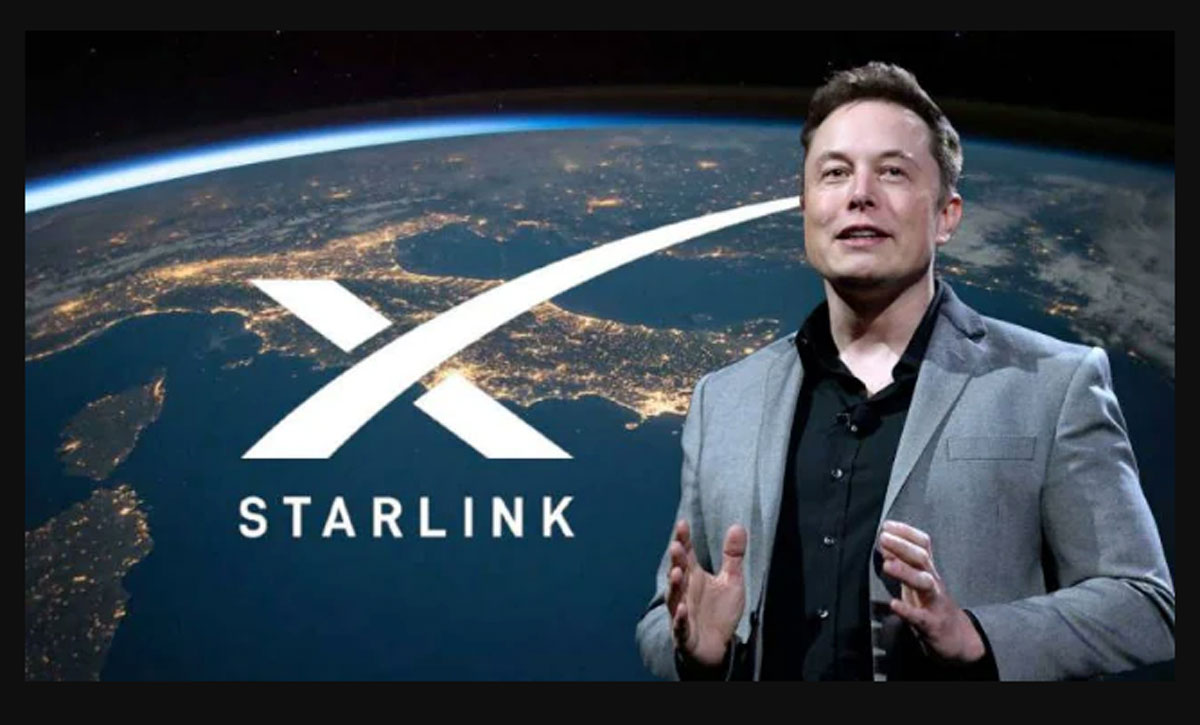OpenAI IPO: Potential Valuation and Market Impact
OpenAI’s Path to an IPO
OpenAI, the artificial intelligence research lab behind ChatGPT, DALL·E, and GPT-4, has been a dominant force in AI innovation. While the company has not officially announced plans for an initial public offering (IPO), speculation is growing about its potential market debut.
Founded in 2015 as a non-profit, OpenAI transitioned to a “capped-profit” model in 2019, allowing it to raise capital while maintaining ethical AI development. Major investors, including Microsoft (which has committed over $13 billion), have fueled OpenAI’s rapid expansion. An IPO would mark a pivotal moment, unlocking liquidity for early backers and accelerating AI commercialization.
Potential Valuation of OpenAI
Estimating OpenAI’s valuation is complex due to its unique structure and rapid growth. However, industry analysts suggest the following key factors could influence its IPO valuation:
1. Revenue Growth and Monetization
OpenAI’s revenue has surged, driven by:
- ChatGPT Plus subscriptions ($20/month for premium access).
- Enterprise API access for businesses integrating GPT-4 into workflows.
- Partnerships with Microsoft, embedding OpenAI models into Azure, Office, and Bing.
Reports indicate OpenAI generated over $1.6 billion in annualized revenue in 2023, with projections exceeding $5 billion by 2025. If growth continues, OpenAI could command a valuation between $80 billion and $100 billion at IPO—comparable to major tech firms like Uber and Airbnb at their debuts.
2. Market Comparisons
- Nvidia (NVDA): Valued at over $1 trillion due to AI chip dominance.
- Palantir (PLTR): AI-driven data analytics firm with a ~$50B market cap.
- Snowflake (SNOW): Cloud data platform that IPO’d at $33B in 2020.
Given OpenAI’s broader AI ecosystem, its IPO could surpass these benchmarks, especially if investor enthusiasm for AI remains high.
3. Investor Sentiment and AI Hype
The AI sector is experiencing unprecedented hype, with venture capital flooding into generative AI startups. OpenAI’s first-mover advantage and brand recognition position it favorably. However, market conditions—such as interest rates and tech stock performance—will heavily influence its IPO pricing.
Market Impact of an OpenAI IPO
1. AI Industry Growth Acceleration
An OpenAI IPO would:
- Legitimize generative AI as a mainstream industry, attracting more investment.
- Pressure competitors (Google DeepMind, Anthropic, Meta) to accelerate their own AI monetization strategies.
- Boost AI infrastructure providers, including cloud computing (AWS, Azure) and semiconductor firms (Nvidia, AMD).
2. Stock Market Implications
- Tech Sector Volatility: OpenAI’s debut could trigger a surge in AI-related stocks, similar to the “Nvidia effect.”
- SPAC and IPO Revival: A successful OpenAI IPO might revive investor interest in tech IPOs after a sluggish 2022-2023 period.
- Regulatory Scrutiny: Governments may intensify AI oversight, affecting OpenAI’s post-IPO performance.
3. Risks and Challenges
Despite its strengths, OpenAI faces hurdles:
- Ethical Concerns: AI safety debates could lead to stricter regulations.
- Competition: Rivals like Google Gemini and open-source models (Mistral, Llama) threaten market share.
- Profitability Pressure: Transitioning from R&D to sustainable revenue may prove difficult.
Key Factors Influencing OpenAI’s IPO Decision
1. Microsoft’s Stake
Microsoft’s significant investment means OpenAI may delay an IPO to retain control. Alternatively, a partial IPO (similar to SpaceX’s Starlink spin-off) could be an option.
2. Regulatory Landscape
AI legislation (e.g., EU AI Act, U.S. Executive Orders) may impact OpenAI’s valuation by imposing compliance costs.
3. Market Timing
A 2024-2025 IPO could capitalize on peak AI hype, but economic downturns or tech selloffs could delay plans.
Final Thoughts on Investor Opportunities
If OpenAI goes public, early investors could see substantial returns. Retail investors should monitor:
- Pre-IPO secondary markets (e.g., Forge Global, EquityZen).
- AI ETFs (e.g., Global X Robotics & AI ETF).
- Microsoft’s stock (MSFT), given its OpenAI ties.
OpenAI’s IPO would be a landmark event, reshaping the AI and tech investment landscape. Whether it happens in 2024 or later, its impact will be profound.

